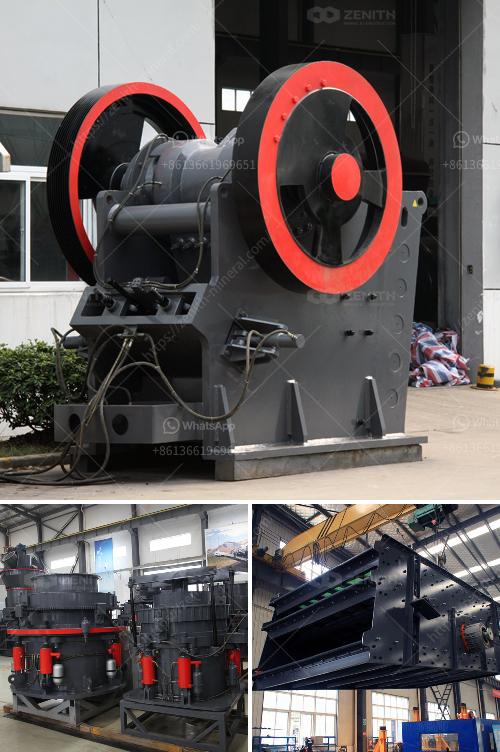Starting a quarrying business can be a lucrative endeavor, but it requires careful planning and consideration of several factors. Here’s a step-by-step guide to help you get started:
-
Research the Market:
- Understand the demand for various types of stone or gravel in your area.
- Identify potential buyers such as construction companies, landscapers, and contractors.
- Research any competitors and analyze their strengths and weaknesses.
-
Create a Business Plan:
- Outline your business goals, strategies, and financial projections.
- Include details on your target market, marketing plans, and operational plans.
- Address the legal and environmental regulations you'll need to comply with.
-
Secure Funding:
- Calculate the initial investment required, including equipment, permits, licenses, labor, and operational costs.
- Explore funding options such as personal savings, bank loans, investors, or grants.
-
Register Your Business:
- Choose a business name and legal structure (sole proprietorship, partnership, LLC, corporation, etc.).
- Register your business with the appropriate government authorities and obtain an Employer Identification Number (EIN) if necessary.
-
Find a Suitable Location:
- Look for land with rich deposits of stone or gravel.
- Ensure the site has good access to transportation networks for easy delivery to customers.
- Check zoning laws and obtain any necessary permissions from local authorities.
-
Obtain Necessary Permits and Licenses:
- Depending on your location, you might need permits for mining and environmental impact.
- Check with local and state regulatory agencies to ensure compliance with all regulations.
-
Purchase Equipment and Hire Staff:
- Procure essential machinery such as excavators, crushers, loaders, and trucks.
- Hire experienced personnel, including machine operators, drivers, laborers, and administrative staff.
-
Develop a Marketing Strategy:
- Create a website and use online marketing tools to reach potential clients.
- Network with contractors, builders, and other potential clients.
- Offer competitive pricing and quality materials to attract and retain customers.
-
Establish Safety Protocols:
- Implement health and safety measures to protect your workers.
- Train employees in proper equipment handling and emergency procedures.
- Stay compliant with occupational health and safety regulations.
-
Begin Operations:
- Start with a pilot phase to test your processes and make any necessary adjustments.
- Gradually scale up operations based on market demand and business growth.
-
Monitor and Adjust:
- Regularly review your business performance and financial status.
- Stay informed about industry trends and adjust your strategies accordingly.
- Maintain good relationships with clients and continuously seek feedback to improve your services.
Starting a quarrying business requires substantial planning and investment, but with determination and effective management, it can be a rewarding venture.

